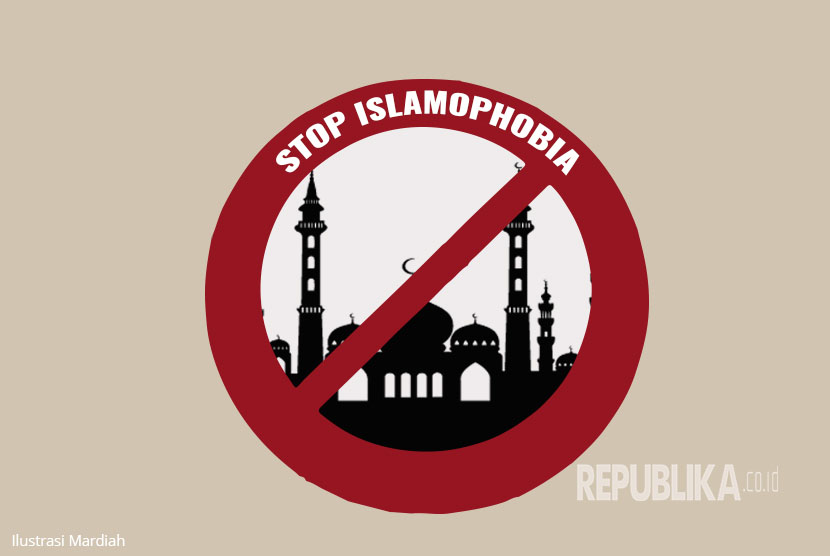REPUBLIKA.CO.ID, JAKARTA -- Sufism expert and professor at Paramadina University, Abdul Hadi WM said the call from a group that called themselves as mosque anti-politization could be interpreted by a group of Muslims as a call for political prohibition for Muslims. He said mosque was not only a house of worship for Muslims, but also a place of deliberation and consensus and also discussion of various problems faced by people in the life of society and state.
"Former Dutch colony government banned mosque politicization and by direction from Snouck Hurgronje, they only allowed mosque existence was only for the matter of ritual and worship," said Abdul Hadi on Monday (April 23).
However, Abdul said dichotomy ala Snouck Hurgronje was abandoned after independence. In the 1960s, former President Soekarno who needed Muslim support in confrontation against Malaysia eliminated the dichotomy. Soekarno encouraged ulemas and Muslims at mosques to issue a "mandatory" fatwa in confrontation with Malaysia.
In addition, Abdul said until now there is no rules that prohibits Muslims to talk about politics, economy, fashion, law, culture and others at mosques, houses, or in other public places. It also applies to worship places of other religions.
Furthermore, Abdul admitted there is no separation and ban in the mosque to talk about various things, including social, economic, to politics as happened in the 1970s. It allowed Islamic based party, United Development Party (PPP) won the 1977 election in the Special Region of Aceh, DKI Jakarta, and Madura Island.
Earlier, Indonesian Islamic Students Association (KB PII) chairman, Nasrullah Narada said mosque antipolitization movement was counterproductive and caused unrest among Muslims. It was against the function of the mosque which is not only as a place of worship, but also indeed serves as a place to solve many problems of the ummah, started from economic, social, cultural, even political.
"Mosque antipolitization movement made mosque feel uneasy, also anger some Muslims. This movement was done by people who don't understand mosque function and want to constrict the function of the mosque itself. Remember the function of the mosque is to solve various problems of Muslims,'' said Nasrullah.
Also read: People may question about mosque politicization: HNW
The issue of antipolitization against mosque arose on Sunday (April 22). A group of people who called themselves as National Movement of Billion of Volunteers Supporting Joko Widodo hold a discussion to promote antipolitization against mosque. The volunteers would bring up the issue through sermons and religious discussion.


